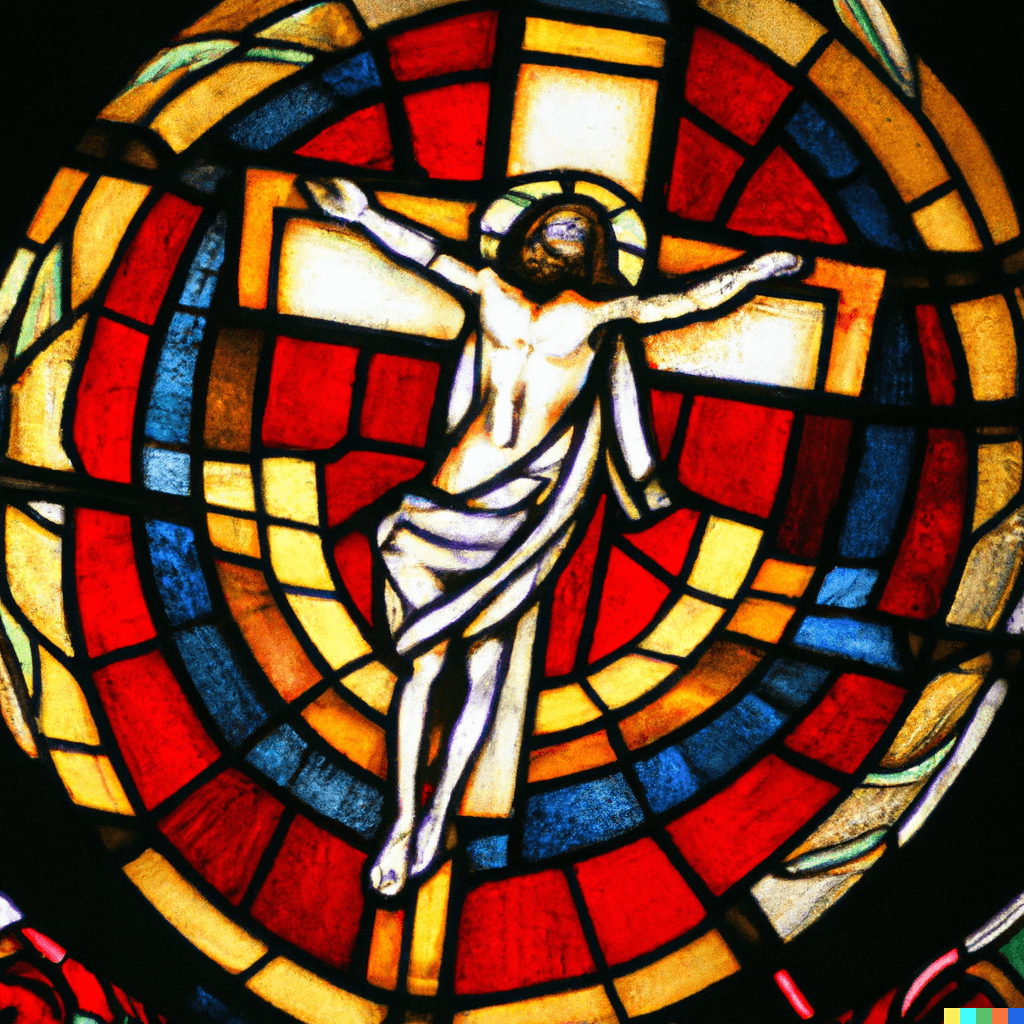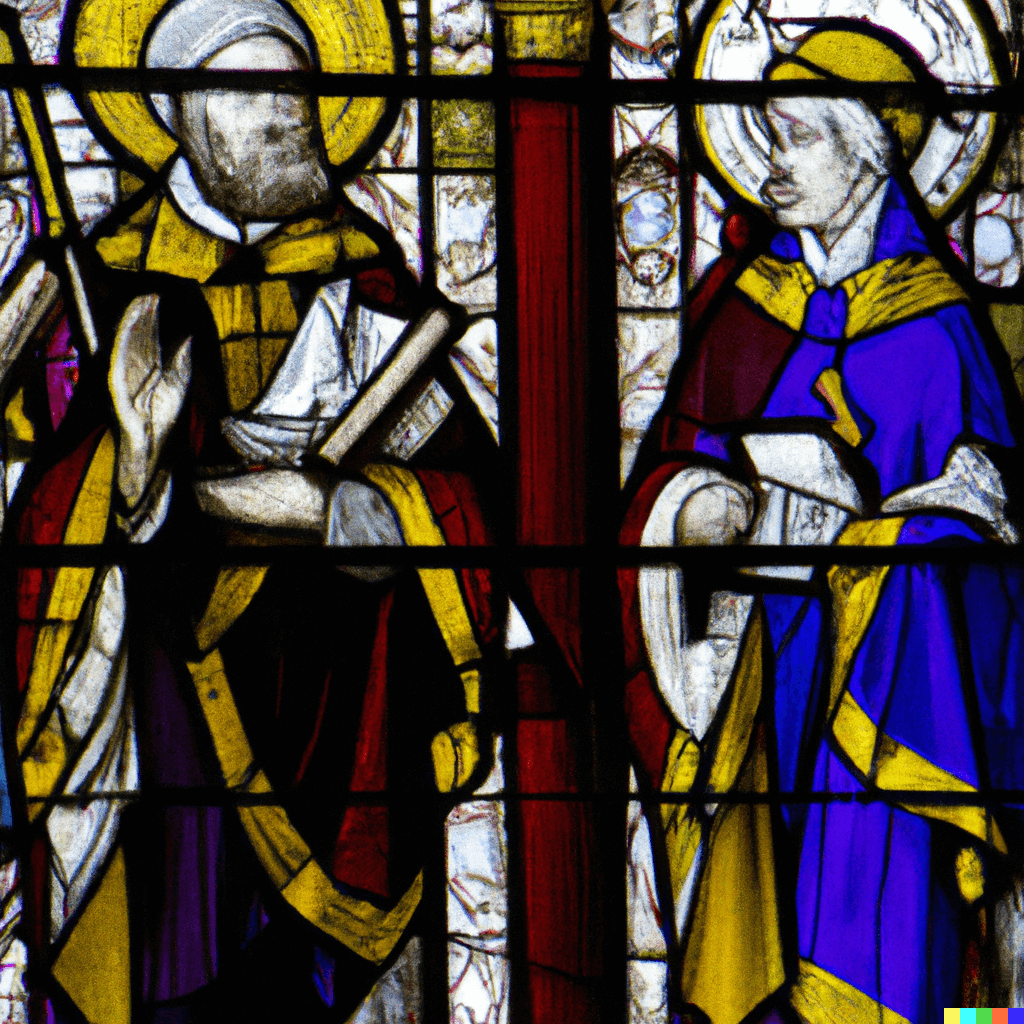Prayers
The Magnificat Prayer AKA Song of Mary
-

 Saints3 years ago
Saints3 years agoSaint Abanoub
-
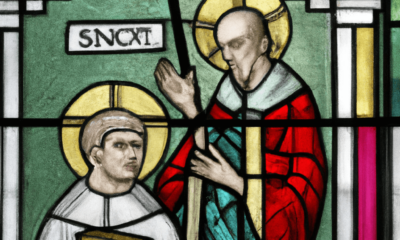
 Trending2 years ago
Trending2 years agoHow To Become A Saint: The Process And Requirements
-
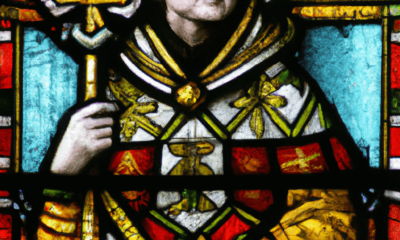
 Saints2 years ago
Saints2 years agoSaint Ailbe of Emly
-
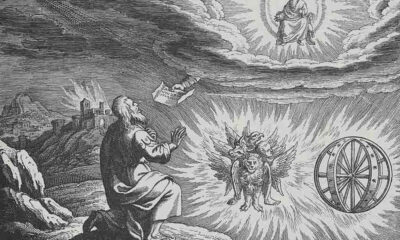
 Trending3 years ago
Trending3 years agoWhat Do The Angels From The Bible Actually Look Like?
-

 Live Church3 years ago
Live Church3 years agoCharlie Hughes – That Is Not My Job | Church By The Glades
-
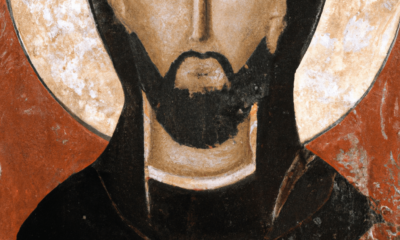
 Saints3 years ago
Saints3 years agoSaint Abercius of Hieropolis
-
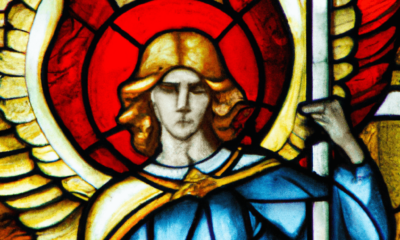
 Prayers3 years ago
Prayers3 years agoPrayer Of St Michael The Archangel
-
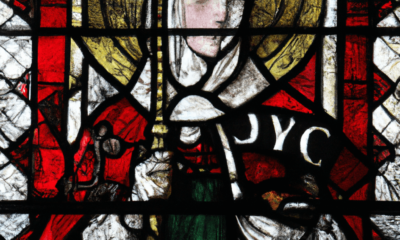
 Saints2 years ago
Saints2 years agoSaint Agnes of Bohemia



